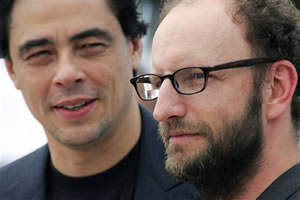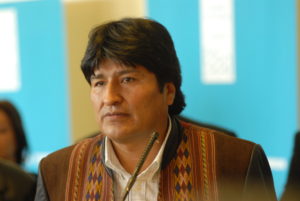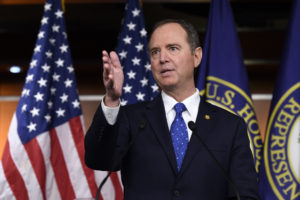‘Che’ Goes to Cannes
One of the most hotly anticipated contenders at this year's Cannes Film Festival is "Che," Steven Soderbergh's lengthy biopic of iconic Argentine revolutionary Che Guevara, featuring Benicio del Toro in the title role. However, whether the excitement surrounding the "Che" screening at the French film fest is any indication that moviegoers will flock to the (currently) 4-hour-plus production remains to be seen.
One of the most hotly anticipated contenders at this year’s Cannes Film Festival is “Che,” Steven Soderbergh’s lengthy biopic of iconic Argentine revolutionary Che Guevara, featuring Benicio del Toro in the title role. However, whether the excitement surrounding the “Che” screening at the French film fest is any indication that moviegoers will flock to the (currently) 4-hour-plus production remains to be seen.
Your support matters…The New York Times:
The halves of “Che” are mirror images. The first, though it flashes back to Guevara’s early acquaintance with Mr. Castro in Mexico and forward to his visit to New York for an appearance at the United Nations in 1964, is essentially the chronicle of a successful insurgency. It follows Mr. Castro, Guevara and their comrades from 1956 to 1959, through the stages of their war to overthrow the Cuban dictator Fulgencio Batista, and it dwells less on their motives and personalities than on matters of military procedure. With impressive coherence and attention to tactical detail, Mr. Soderbergh shows how Mr. Castro’s initially tiny army fought its way down from the mountains of the Sierra Maestra and ultimately routed Batista’s forces.
The second half, devoted to the guerrilla campaign in Bolivia in 1967 that ended in Guevara’s death, is equally rigorous in its depiction of a failed revolt. Though Guevara tried, in a new context, to apply the strategic lessons of the Cuban revolution — concentrate on the countryside; cultivate popular support; maintain discipline and cohesion in the ranks — everything went wrong. And it turned out that Guevara’s adversaries, the Bolivian army and its American advisers, had learned a thing or two about how to wage an effective counterinsurgency.
There is a lot, however, that the audience will not learn from this big movie, which has some big problems as well as major virtues. In between the two periods covered in “Che,” Guevara was an important player in the Castro government, but his brutal role in turning a revolutionary movement into a dictatorship goes virtually unmentioned. This, along with Benicio Del Toro’s soulful and charismatic performance, allows Mr. Soderbergh to preserve the romantic notion of Guevara as a martyr and an iconic figure, an idealistic champion of the poor and oppressed. By now, though, this image seems at best naïve and incomplete, at worst sentimental and dishonest. More to the point, perhaps, it is not very interesting.
But “Che” itself is interesting, partly because it has the power to provoke some serious argument — about its own tactics and methods, as well as those of its subject.
Independent journalism is under threat and overshadowed by heavily funded mainstream media.
You can help level the playing field. Become a member.
Your tax-deductible contribution keeps us digging beneath the headlines to give you thought-provoking, investigative reporting and analysis that unearths what's really happening- without compromise.
Give today to support our courageous, independent journalists.






You need to be a supporter to comment.
There are currently no responses to this article.
Be the first to respond.